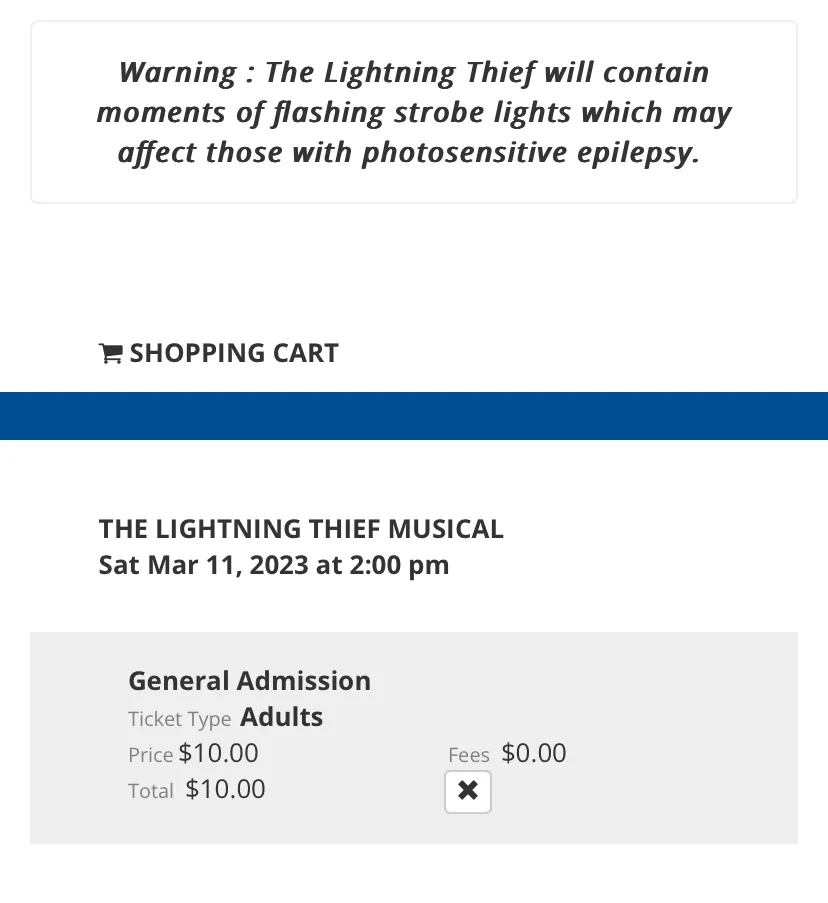Say no to flashing.
- Summary: Avoid flashing when creating or selecting video content and hosting events. When you can't avoid flashing content, warn individuals ahead of time.
- Who it helps: People who are photosensitive.
- Additional benefits: Your audience can better focus on your message or event, without flashing distracting them.
Flashing content can cause migraines, dizziness, and seizures in your audience. In videos, flashing is any quick switch from high to low contrast that occurs between 3 and 50 times a second. Above 50 times a second, the contrast changes are no longer visible. Once common on websites, flashing now occurs more often in embedded videos when large portions of the screen switch from dark to light quickly. It can also occur due to strobe lighting in person or in videos.
What can I do?
Flashing content is especially challenging in social media because some social media plays video content without asking the user. Ideally, avoid flashing completely so everyone can view your message or attend your event.
- When you can’t avoid flashing content online:
- Provide a link to the content instead of embedding the video directly in your website or social media,
- Use a still image to capture attention, and
- Provide a warning that the content could affect individuals with photosensitivity.
Try to avoid hosting events that use flashing lights for a presentation, performance or mood lighting. If your event does include flashing, please warn your audience ahead of time, so they can take any needed precautions.
